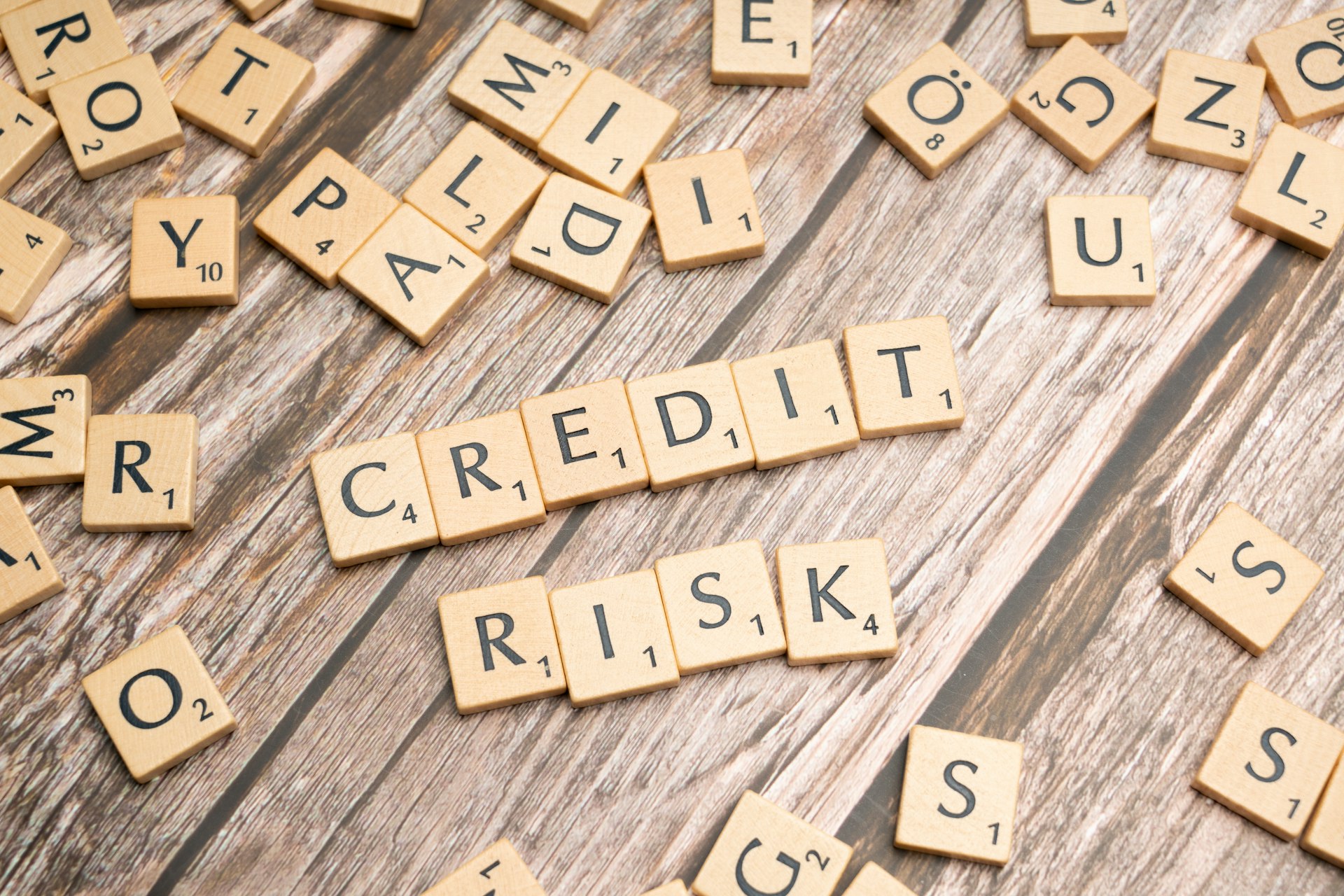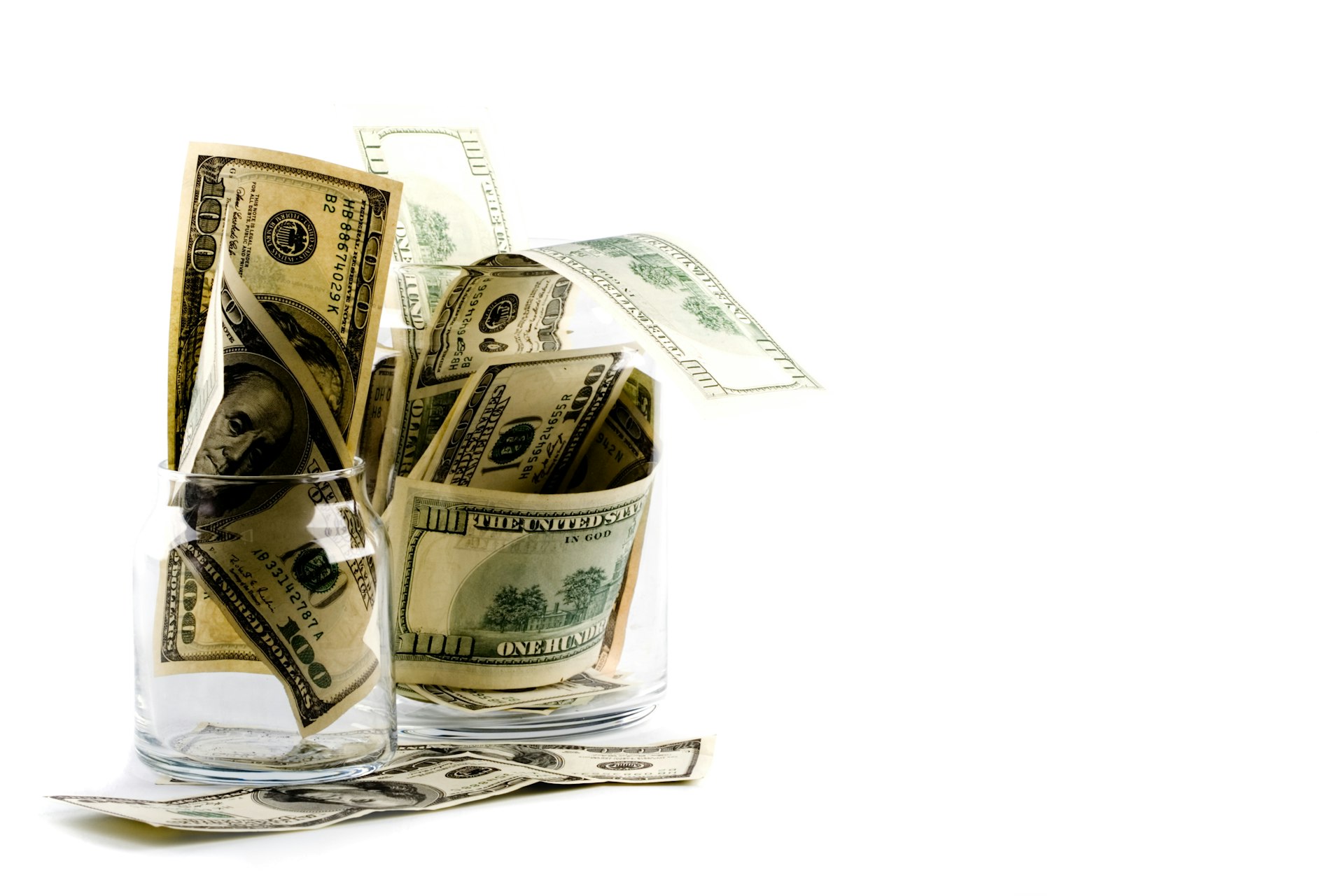How Rising Interest Rates are Reshaping the Real Estate Market: Challenges, Opportunities, and Next Steps

Photo by Cosmin Serban on Unsplash
Introduction
The real estate market is shaped by many economic forces, but few are as influential-or as widely discussed-as interest rates. In recent years, policy changes by central banks have pushed rates higher, raising questions for homebuyers, investors, and sellers alike. Understanding how rising interest rates impact the real estate market is essential for anyone looking to buy, sell, or invest in property. This article examines recent trends, explores their practical impacts, and provides actionable guidance for navigating today’s evolving market.
Understanding the Relationship Between Interest Rates and Real Estate
Interest rates directly affect the cost of borrowing, influencing monthly mortgage payments, affordability, and overall demand for homes. When rates increase, mortgage payments rise, making homes less affordable for many buyers. This generally leads to a decrease in buyer demand, which can put downward pressure on home prices. However, the relationship is complex, with factors like supply constraints, wage growth, and regional economic conditions also playing a significant role [2] .
For example, in the United States, the Federal Reserve raised rates ten times between 2022 and 2024 to combat inflation, resulting in mortgage rates peaking near 7.8% in late 2023. Despite a slowing market, home prices in several regions, such as Florida, have remained near all-time highs due to persistent demand and limited supply [2] .
The Immediate Effects on Buyers and Sellers
For homebuyers , rising interest rates mean higher monthly payments for the same loan amount. This can limit purchasing power, reduce the pool of eligible buyers, and make it more difficult to qualify for a mortgage. As a result, some buyers may delay their purchases, seek less expensive homes, or exit the market altogether [1] . For example, someone considering a $400,000 mortgage at 3.5% interest in 2021 would have paid about $1,796 per month (principal and interest), while at 7% interest, the payment jumps to approximately $2,661-a difference that can be a dealbreaker for many households.
For sellers , reduced buyer demand can mean longer listing times, lower offers, and an increased likelihood of price reductions. Sellers in high-demand markets may feel less impact, but those in areas with more balanced supply and demand may need to adjust expectations or offer concessions to attract buyers [1] .
Impact on Real Estate Investors
Real estate investors must contend with higher borrowing costs, which can reduce the profitability of new acquisitions. Rising rates may also lower property values, as fewer buyers can afford to purchase at previous price points. Investors reliant on variable-rate loans or those nearing the end of fixed-rate periods face higher refinancing costs and cash flow pressures [3] .
However, not all impacts are negative. In some cases, higher rates can limit new construction, constraining supply and supporting rents or prices for existing properties. Investors with strong cash positions or access to fixed-rate financing may find opportunities to acquire assets at lower prices as competition decreases [5] .
Effects on Home Prices: Myth vs. Reality
It is commonly assumed that home prices always fall when interest rates rise, but real-world data often tells a more nuanced story. While higher rates generally reduce affordability and slow price growth, home prices can remain stable or even increase if supply is tight or economic fundamentals are strong. For instance, in some U.S. markets, prices have stayed elevated despite rate hikes, due to ongoing population growth and limited inventory [2] .
Nonetheless, in areas where supply is more plentiful or demand is highly sensitive to borrowing costs, rising rates can trigger price corrections. These trends may be felt more acutely in markets with a high percentage of first-time buyers or investors using leverage [3] .
Mortgages and Financing: What You Need to Know
As interest rates rise, both fixed and variable mortgage rates climb, making new loans more expensive and increasing payments for borrowers with adjustable-rate mortgages. Homeowners nearing the end of a fixed-rate period should prepare for higher payments upon refinancing. New homebuyers may need to consider alternative financing options, such as larger down payments, shorter loan terms, or buying down points to secure lower rates [4] .
To manage higher borrowing costs, consider the following steps:
- Shop multiple lenders: Compare offers and negotiate for the best rate and terms.
- Evaluate your budget: Factor in potential rate increases if you plan to use variable-rate products.
- Consider locking rates: If you expect rates to rise further, ask your lender about rate lock options.
- Explore government programs: In the U.S., agencies like the Federal Housing Administration (FHA) and Department of Veterans Affairs (VA) offer loan programs that may be more accessible in a high-rate environment. Visit the official websites of these agencies or speak with a HUD-approved housing counselor for guidance on eligibility and applications.
Strategies for Buyers, Sellers, and Investors During Rising Rates
For buyers: Focus on improving your credit score, saving for a larger down payment, and shopping for homes below your maximum budget. Consider less expensive areas or smaller properties if affordability is stretched. Stay informed on local market trends through trusted industry publications and official government data sources.
For sellers: Prepare for longer selling times and be ready to negotiate on price or terms. Improving your property’s condition and presentation can make it more attractive in a competitive, high-rate environment. Consult with a licensed real estate agent who has experience navigating changing markets.
For investors: Reassess your financing structure, cash flow projections, and risk tolerance. Consider diversifying property types or locations to mitigate exposure. If uncertain about refinancing options or market timing, consult with a certified financial planner or real estate investment advisor.
Case Study: Navigating a High-Rate Market
Consider the experience of investors in Florida from 2022 to 2024. As mortgage rates climbed, some buyers left the market, leading to slower sales and plateauing prices. However, because inventory remained low and population growth continued, prices did not fall as dramatically as in previous cycles [2] . Investors who adjusted their strategies-focusing on cash-flowing properties or negotiating seller concessions-were able to weather the transition more effectively than those who waited for significant price drops that never materialized.
Potential Challenges and Solutions
Rising interest rates can present several challenges, including higher monthly payments, reduced affordability, and tighter lending standards. To address these challenges:

Photo by Jakub Żerdzicki on Unsplash
- Monitor your credit: A higher credit score can help you secure better loan terms, even in a rising rate environment.
- Increase your down payment: This reduces your loan amount and may help you qualify for better rates.
- Stay informed: Economic conditions and central bank policies can change quickly. Regularly review updates from reputable organizations, such as the Federal Reserve, and seek guidance from licensed professionals.
Alternative Approaches
Alternative pathways for buyers and investors include exploring rent-to-own options, seller financing, or joint ventures to reduce reliance on traditional mortgages. For sellers, creative marketing and offering incentives-such as covering closing costs or providing home warranties-can attract hesitant buyers.
How to Access Resources and Services
If you are seeking advice on mortgages, refinancing, or real estate investing, consider the following steps:
- Contact a licensed mortgage broker or lender for current rate quotes and pre-qualification.
- Consult with a local real estate agent for market-specific insights and listing strategies.
- For government-backed loan programs, visit official sites such as the U.S. Department of Housing and Urban Development or the Federal Housing Administration. If you need assistance, search for a HUD-approved housing counselor in your area.
- For investors, financial advisory firms and real estate investment associations can provide tailored guidance. Seek out organizations with established reputations and verifiable credentials.
Key Takeaways
Rising interest rates can reshape the real estate market in complex ways, affecting affordability, demand, and investment returns. By understanding these dynamics and proactively adjusting strategies, buyers, sellers, and investors can position themselves for success-no matter what the economic climate brings. Stay informed, seek advice from licensed professionals, and explore all available pathways to navigate these changes with confidence.
References
- [1] Rentastic (2024). How Rising Interest Rates Affect Real Estate Investors.
- [2] Moving to Florida Guide (2024). How Interest Rates are Impacting Florida Real Estate.
- [3] Brady Martz (2024). The Impact of Interest Rate Fluctuations on Real Estate Investments.
- [4] MFS (2024). What happens to real estate when interest rates rise?
- [5] J.P. Morgan Asset Management (2024). What does a higher-for-longer interest rate policy mean for real estate?
MORE FROM pulsefusion.org













